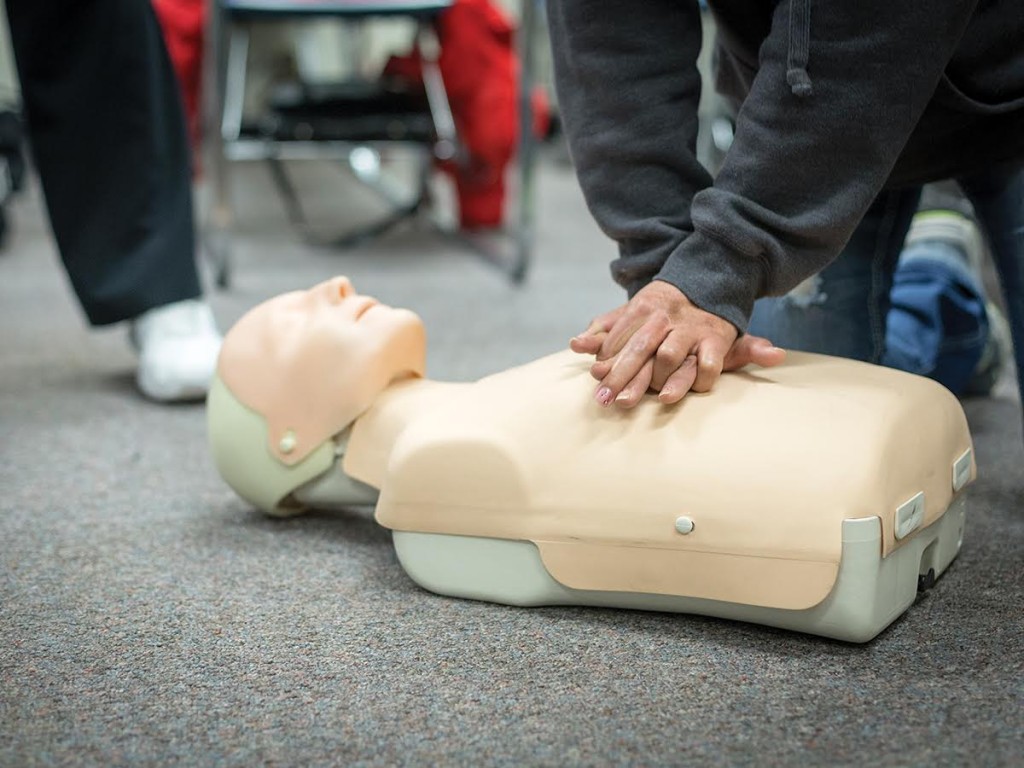
Governor Jerry Brown signed a law on September 24th that will mandate all high schools to teach their students how to conduct CPR and become familiar with medical tools like defibrillators. This is amazing. No, I’m not a big fan of government intervention in the daily lives of citizens, but there is no downside to this law. Unlike most efforts toward government intervention, this law will have a tangible impact and prove useful.
Here’s the main reason everyone should learn this life-saving skill: Because it can save lives. It’s self-explanatory and there is little reason to object to it. Now, one can argue students aren’t professionals and could cause more harm than good, or they do not have enough time to spare to train or maybe they’re just lazy or apathetic. But those are poor reasons to deny responsibility in saving someone’s life.
It’s important to note that the paramedics are an emergency response service, and although they have the power to halt traffic, they will take time — time that victims of heart attacks do not have. You have to acknowledge that anyone can have the power to save a stroke or heart attack victim after being taught how. Statistically, one in every four deaths are caused by heart attacks, according to the Centers for Disease Control. Harvard also reports that 200,000 deaths by heart attacks and strokes are preventable. Although Harvard says that most preventable heart attacks could be avoided by non-smoking and maintaining a healthy lifestyle, wouldn’t you want to be a part of the solution to help preserve the lives of those who haven’t taken those steps?
On July 26, 2016, a Virginia baseball player was struck in his chest by a baseball and his heart stopped. Because another player, Paul Dow, used CPR, the young man, Steve Smith was airlifted to the nearest hospital and was saved. A peer knowing CPR saved Smith and allowed him to live.
Smith and Dow are both in high school but Dow took the extra step to learn how to conduct CPR outside of his school’s requirement. Making this training more easily accessible in high schools, will increase the odds that someone in a life-threatening medical situation can be helped. Smith might have died if Dow hadn’t known CPR; thus, widespread CPR training could make saving lives less a matter of chance and more a regular expectancy.
To deny the fact that learning this skill will prevent deaths is ignorant and foolish. By sending our future citizens to higher education, we expect them to learn applicable skills. CPR, English and physical wellness are skills applicable in everyday life. To wave off CPR as unnecessary and a waste of valuable time that can better be allocated to subject-specific skills like calculus is the opposite of how this should be approached.
I’m not saying that those subjects should not be taught in schools, but that applicable skills such as CPR, that could prevent 25 percent of deaths in the USA, could be more useful in the daily life of the average middle and lower-class American.








